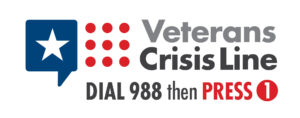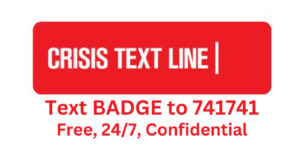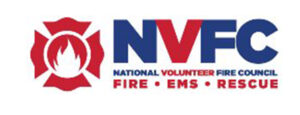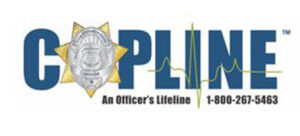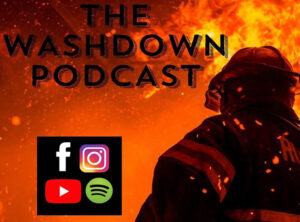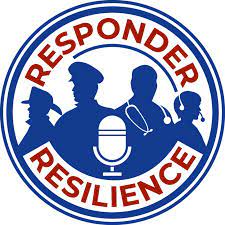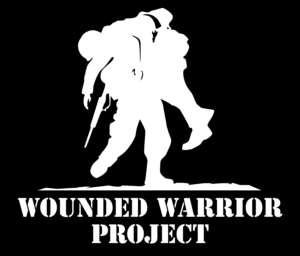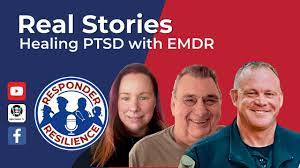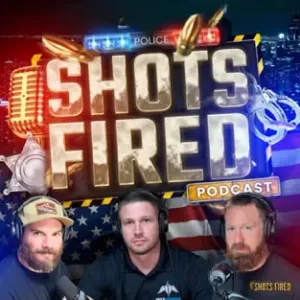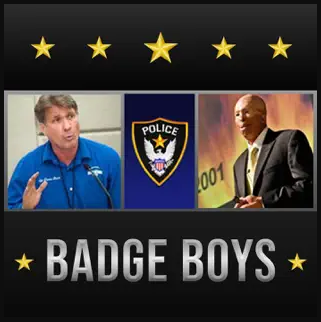RESOURCES
Need Help Now?
If you would like to speak to a crisis counselor on the phone, there are several options, including:
Safe Call Now: (206) 459-3020 or 1-877-230-6060 This confidential, comprehensive, 24-hour crisis referral service is for all public safety employees, all emergency services personnel and their family members nationwide.
Fire/EMS Helpine: 1-888-731-FIRE (3473) Confidential and 24-hour, the Fire/EMS Helpline was created for first responders by members of the fire service. This program is specifically designed to meet the unique needs of firefighters, EMTs, rescue personnel and their families.
Copline: 1-800-267-5463 This resource is a confidential, 24-hour law enforcement officer hotline manned by retired law enforcement officers trained in active listening.
Welcome to The Washdown. We are three firefighters who have a passion for mental health. We will be using this podcast to speak with other firefighters, nurses, law enforcement officers and military veterans to highlight the issues that we face and hopefully show others that they are not alone and help is out there.
Responder Resilience Show for Fire, Police, EMS, Dispatch is dedicated to improving the mental and physical well-being of police, fire, EMS, and dispatch personnel. Hosted by Lt. David Dachinger (Ret.), Dr. Stacy Raymond, Psy.D., and Bonnie C. Rumilly, LCSW/EMT-B, these broadcasts feature expert guests sharing vital information about wellness topics for first responders. For resilience strategies with compassion and humanity from the front lines of responder health and wellness, subscribe and watch it here.
What is EMDR?
EMDR (Eye Movement Desensitization and Reprocessing) is a psychotherapy that enables people to heal from the symptoms and emotional distress that are the result of disturbing life experiences. Repeated studies show that by using EMDR therapy people can experience the benefits of psychotherapy that once took years to make a difference. It is widely assumed that severe emotional pain requires a long time to heal. EMDR therapy shows that the mind can in fact heal from psychological trauma much as the body recovers from physical trauma. When you cut your hand, your body works to close the wound. If a foreign object or repeated injury irritates the wound, it festers and causes pain. Once the block is removed, healing resumes. EMDR therapy demonstrates that a similar sequence of events occurs with mental processes. The brain’s information processing system naturally moves toward mental health. If the system is blocked or imbalanced by the impact of a disturbing event, the emotional wound festers and can cause intense suffering. Once the block is removed, healing resumes. Using the detailed protocols and procedures learned in EMDR therapy training sessions, clinicians help clients activate their natural healing processes.
Some studies show that 84%-90% of single-trauma victims no longer have post-traumatic stress after only three 90-minute sessions. Another study, funded by the HMO Kaiser Permanente, found that 100% of the single-trauma victims and 77% of multiple trauma victims no longer were diagnosed with PTSD after only six 50-minute sessions. In another study, 77% of combat veterans were free of PTSD in 12 sessions. There has been so much research on EMDR therapy that it is now recognized as an effective form of treatment for trauma and other disturbing experiences by organizations such as the American Psychiatric Association, the World Health Organization and the Department of Defense. Over 100,000 clinicians throughout the world use the therapy. Millions of people have been treated successfully over the past 33 years.
EMDR therapy is an eight-phase treatment. Eye movements (or other bilateral stimulation) are used during one part of the session. After the clinician has determined which memory to target first, s/he asks the client to hold different aspects of that event or thought in mind and to use his eyes to track the therapist’s hand as it moves back and forth across the client’s field of vision. As this happens, for reasons believed by a Harvard researcher to be connected with the biological mechanisms involved in Rapid Eye Movement (REM) sleep, internal associations arise and the clients begin to process the memory and disturbing feelings. In successful EMDR therapy, the meaning of painful events is transformed on an emotional level. For instance, a rape victim shifts from feeling horror and self-disgust to holding the firm belief that, “I survived it and I am strong.” Unlike talk therapy, the insights clients gain in EMDR therapy result not so much from clinician interpretation, but from the client’s own accelerated intellectual and emotional processes. The net effect is that clients conclude EMDR therapy feeling empowered by the very experiences that once debased them. Their wounds have not just closed, they have transformed. As a natural outcome of the EMDR therapeutic process, the clients’ thoughts, feelings and behavior are all robust indicators of emotional health and resolution—all without speaking in detail or doing homework used in other therapies.
Helping the Helpers with EMDR Therapy | S1 E1 |
Click on the image to learn how EMDR is being used by First Responders, the American Psychological Association, the DOD, the VA, the active military and is backed by scientific research. Stacy and Bonnie will explain how EMDR works and how firefighters, police, EMS, dispatchers, and other first responders can find an EMDR therapist.
Click on image and tune in to 32:00 to hear more about how EMDR helps first responders.

